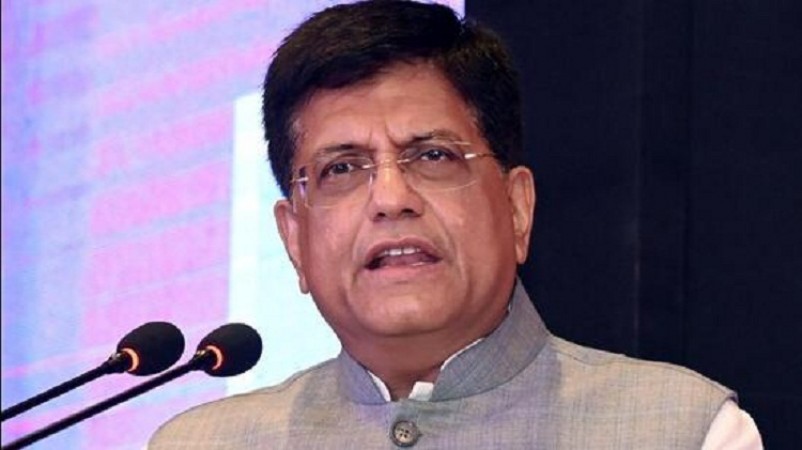
India refrained from participating in trade discussions during the 14-nation Indo-Pacific Economic Framework for Prosperity's maiden ministerial summit held in Los Angeles..
One of the four pillars of this trade agreement, which was established in May 2022 by US President Joe Biden and other leaders of the member nations including Prime Minister Narendra Modi, is trade. Supply Chain, Clean Economy, and Fair Economy round up the other three.
Union Commerce Minister Piyush Goyal represented India at the negotiations. Additionally, he met with a number of US officials on a bilateral basis, including Katherine Tai, the US Trade Representative, and Gina Raimondo, the US Secretary of Commerce.
India signed the individual statements that were made about the negotiations and took part in discussions on the last three pillars. All of the 14 member countries signed all three statements, but only 13 did so for the one on trade because India opted not to sign.
At a press briefing in Los Angeles on Friday with Commerce Secretary Raimondo, US Trade Representative Tai said, "You have properly noticed that India is not now in the trade pillar." She continued by saying that she often communicates with her Indian counterpart, Goyal, and that the two nations address the same topics bilaterally, such as at the Trade Policy Forum, which will convene later this year, as they did at the IPEF.
The IPEF is intended to be "fluid and inclusive," according to Raimondo.
Although relations between India and the US have made great improvement, trade is still a major source of friction.
Tai, who is often very circumspect with her language, lost her temper when probed for specific "sticking points" underlying India's absence from trade negotiations. She remarked, "I want to and I don't want to, right." Tai then tried again to answer the question, saying, "Part of me wants to tell you everything that just transpired, but part of me is here to develop trust with our partners." I think that part of the challenge in bringing together a group of 14 is that you've got 14 different points of view in that room. You've got 14 different ministers representing 14 different economies, who are part of 14 different bureaucracies, who come from 14 different political landscapes, with stakeholders with needs and priorities.
The nations stated that they will "aim to boost investment possibilities, encourage innovation, and improve citizen livelihoods as the partners unleash the region's enormous renewable energy resources and huge carbon sequestration potential" in relation to the third pillar of the clean economy.
They also agreed to "seek to level the playing field for businesses and workers within partner countries by preventing and combating corruption, curbing tax evasion, and enhancing transparency, recognising the importance of fairness, inclusivity, the rule of law, accountability, and transparency" as the final pillar of a "fair economy."
The remaining IPEF partners stated that they would "seek high-standard provisions in areas that are foundational to resilient, sustainable, and inclusive economic growth, including labour, environment, digital economy, agriculture, transparency and good regulatory practises, competition, inclusivity, trade facilitation, and technical assistance and economic development" regarding trade, to which India chose not to participate.